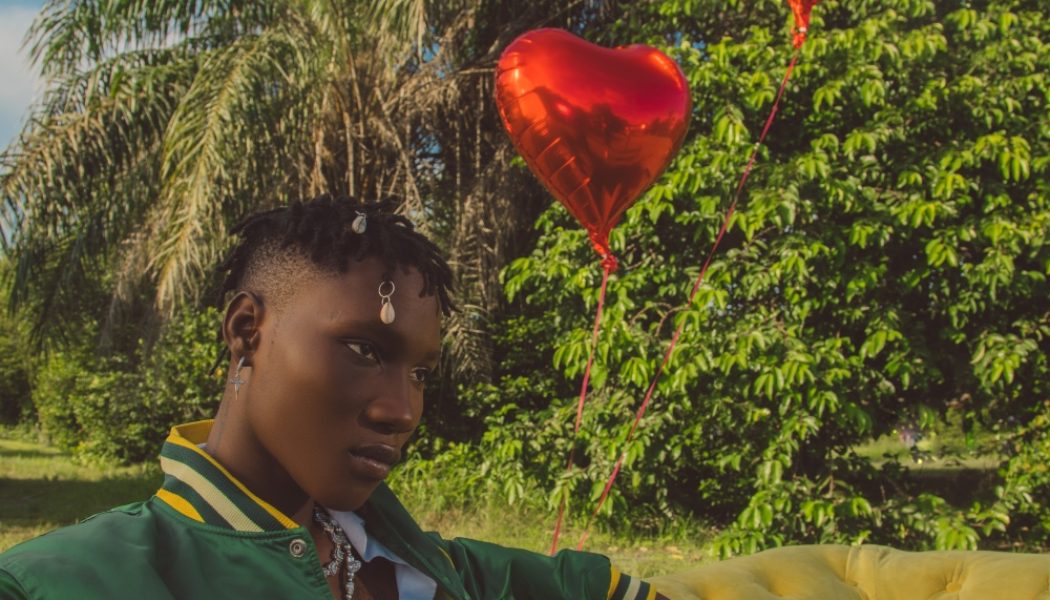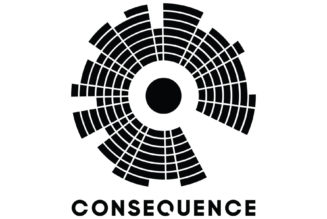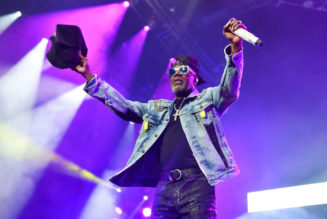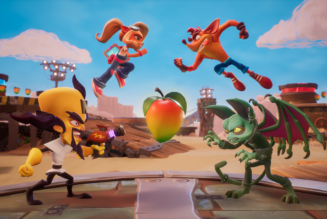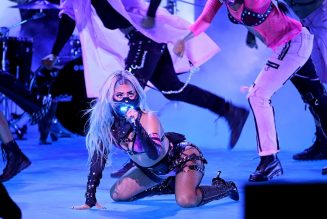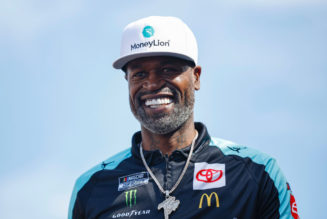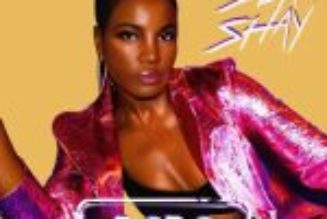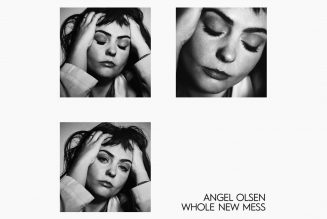Hailing from Nigeria, the current epicentre of Afrobeats and Afropop, Zinoleesky’s sound is already going global. ‘Personal’, the trap-infused lead single from his December EP ‘Grit & Lust’, recently charted in the Top 10 of the UK’s Afrobeats Chart while also nestling in the Top 15 of the equivalent US chart. Such early success, you feel, is only just the beginning.
By choosing not to align with the avant-garde nature of the country’s alté scene, which has seen the likes of Cruel Santino and TeeZee blur what typically is and isn’t Afrobeats, Zinoleesky’s music instead serves as a true celebration of the African continent’s current multitude of pop sounds. It notably pulls elements from Tanzania’s bongo flava and South Africa’s Afro-House and Amapiano, creating an infectious and original take on Afrobeats that has no doubt helped fuel his rise.
Zinoleesky’s eclectic and worldly sound, which also blends Western genres like trap and R&B with Afropop, has widely been defined as street pop. This new scene is further proof of Nigeria’s high musical IQ as its emerging artists continue to add to the country’s rich musical heritage, with the Lagos artist quickly becoming recognised as a trailblazing figure.
Ahead of his headline UK tour in March, NME caught up with Zinoleesky to talk about the success of ‘Grit & Lust’, pioneering Nigerian street pop and enhancing his “star power”.
NME: Your single ‘Personal’ has charted on both the UK and US’ Afrobeats charts. How does it feel to be recognised on such an international level?
“It feels good, because it’s my first time [charting] and it feels nice to be recognised globally. It’s one of my goals that I’m still working towards: I’m working, struggling [and] trying to be global. I played some shows in the UK last year [including selling out London’s Scala], and I’ve done some shows in some other countries as well. My next tour will be different because it’ll be an actual tour, so I can’t wait for the experience.”
What was the process of making ‘Grit N Lust’ like?
“I’d already dropped an EP [2020’s ‘Chrome’], and I feel like ‘Grit & Lust’ is completely different. From the artists to the recording, the experience was something out of my league and was just crazy. It was a good time and I’m very proud. Before I was making songs with [fellow Afrobeats newcomers] Omah Lay and Ayra [Starr], I wasn’t really used to working with other people — it wasn’t my kind of vibe. But ‘Last Time’ with Lay was magic because he’s actually very, very talented: he can record a whole song in one go. Seeing stuff like that is actually nice, and I feel like it’s made me want to work with people more.”
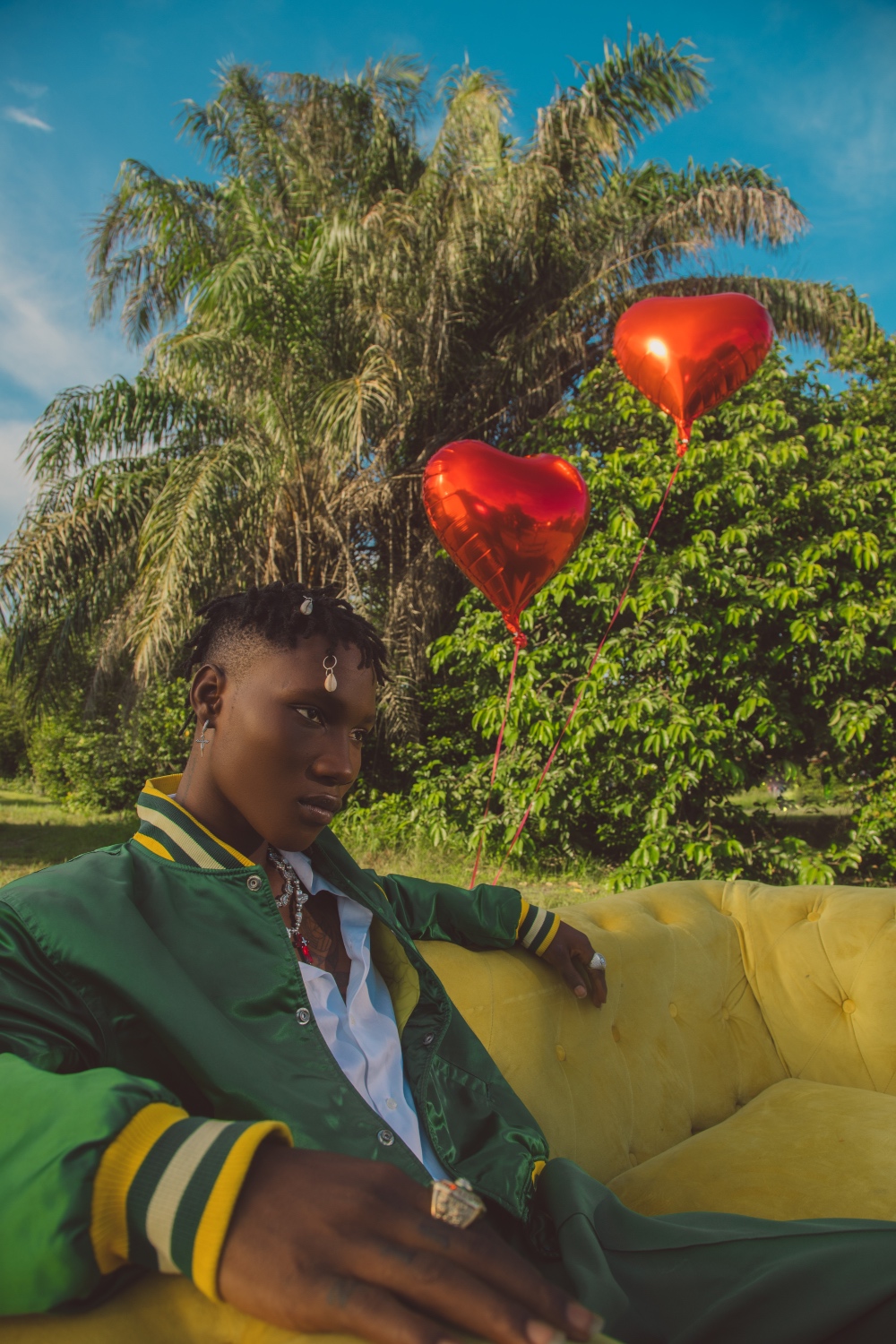
Along with Omar Lay and Ayra Starr, you’re part of a talented generation of Nigerian pop stars. Do you feel proud to be in such esteemed company?
“I feel blessed because if you look at everybody, every artist out there right now is killing it… I feel like whatever I do stands for who I am, my songs stand for where I’m from, my language, everything. So I feel like we do everything for [Nigeria] and show them our sound, and it’s just all working well together.”
You began your career with a series of viral freestyles that you posted online. When you look back, how do you feel about your early work?
“I just decided to start doing my own videos, and they started to go viral. [When the first one blew up] I was still in the hood, and people were posting my videos everywhere. I can’t even explain how mad it was. I remember we were just in the street and then people would just walk past like, ‘Look! It’s that boy!’. It made me believe in myself, though, and [the videos] gave me more confidence. I knew I could make it.”
“Whatever I do stands for who I am, my songs stand for where I’m from and my language”
You’re considered to be a pioneer of Nigerian street pop. How would you define this sound?
“Based on where I was coming from, and the fact that the sound of the music I was making wasn’t [fitting into any of the established scenes], I feel like I can be considered a pioneer of Nigerian street pop. [Street pop] is originally Afrobeats, but it comes from the streets. The use of hip-hop and other genres [with Afrobeats] is what makes street pop so unique.”
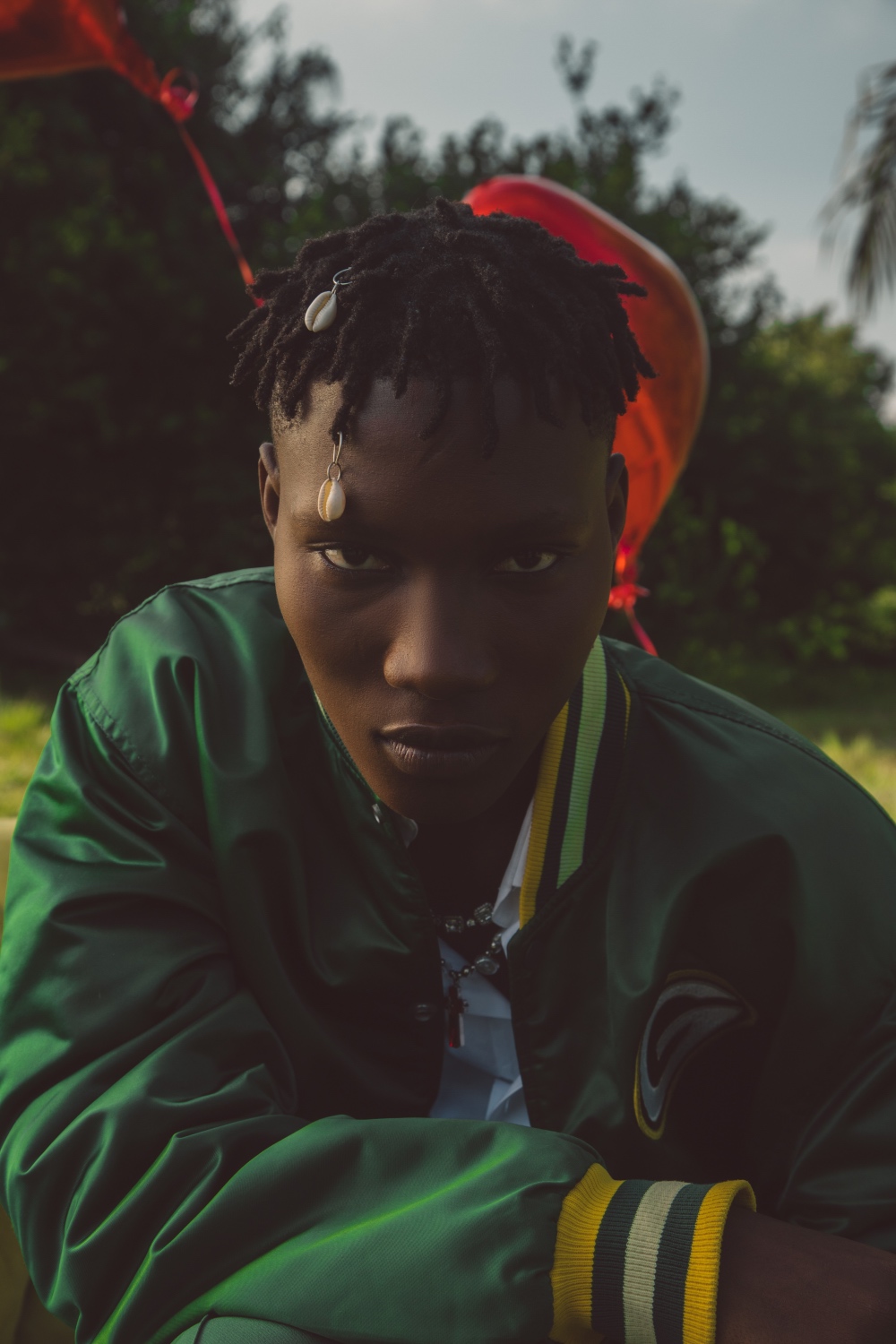
What are the key influences of your street pop sound?
“For the Amapiano sound in my music, it was more so [his go-to producer Niphkeys] because I never imagined I’d be making Amapiano. I just wanted to record a song that day and he played the beat for [one of Zinoleesky’s breakthrough hits] ‘Kilofeshe’. I liked it, and it became a hit. After that, though, I still never requested Amapiano. If I do, it’s because I liked the beat or my fans want another one. I never set out to make that sound. Earlier in my career, I was heavily influenced by Kizz Daniel: I could really connect with him and his songs back then. I feel I figured out my sound because of him, Mayorkun and people like that.”
You’re signed to Naira Marley’s record label, Marlian Music. How is that relationship working out?
“Since I signed to Marlian Music, it’s like I’m a part of a big family. There’s not one big leader. Everyone is just working together and it’s like working with my brothers, you know? I see [Marley] as a mentor, definitely — even outside of music. After turning down a deal with Davido’s label [Davido Music Worldwide], I was getting a lot of offers and I felt like I had to calm down and figure out what was good for me. It didn’t feel right, so I stayed independent. I learned that there was a lot more to music than just dropping songs, like the promo aspects and the life around it. There’s more to music than music itself.”
What’s next for you?
“[In terms of] my goals, I want to do a lot of things — but they’re all depending on my level of comfortability and my star power. I can’t wait to headline some more shows, and I think I’m going to start working on my album because I want to drop more [music] this year. I’m not aiming to make any type of sound: I just want to do whatever comes naturally.”
Zinoleesky’s ‘Grit & Lust’ EP is out now
